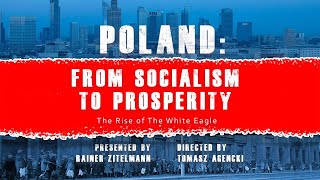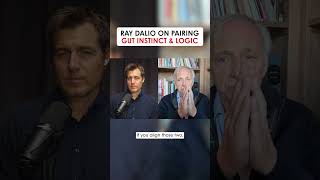| *This film contains disturbing images* Between 1877 and 1950 more than 4,000 African-Americans were lynched. Their deaths are still having an impact on voting patterns today. Read more here: https://econ.st/31cCxQq
Click here to subscribe to The Economist on YouTube: https://econ.st/2xvTKdy Many people know about the terror of lynchings. But one of the reasons why blacks were lynched was to suppress the black vote which is still happening today. I’m black. I’m from the South and so this means a lot to me because my ancestors were lynched. My research examines the extent to which historical lynchings are correlated with voter registration rates of blacks today. And what I find is that blacks who currently reside in counties that were exposed to a higher number of lynchings are less likely to register to vote and they are less likely to indicate that they voted in a recent election compared to their white counterparts. Voting is a social norm. Why are you voting? Because the people around you are voting. But what happens if their parents didn’t vote? And their parents didn’t vote? All of this is rooted in historical racial animus. What happens if you can walk outside and see a body hanging from a tree? Emmett Till’s lynching is very iconic in American history He was a 14-year-old boy from Chicago who supposedly whistled at a white woman and was kidnapped, tortured, beaten, killed and body was dumped in a river. When one of his killers was interviewed the first reason he gave for killing Emmett Till was voting. That as long as he lived and as long as he could do anything about it, “Niggers weren’t gonna vote in his area” Because if they did, they control the government. Lynching sends the signal you vote, you die. You have no protection, you have no rights. We will kill you. That’s the power of lynching. The rise of lynching was after slavery. Now African-Americans were no longer property and now they had to be put back in their subjugated place “Oldest southern problem, born 300 years ago with the introduction of slavery is that of the negro. Today in Dixie there are almost nine million coloured” Blacks were actually seen as a political threat In a lot of southern counties blacks were the majority And so when black men were given a right to vote if they voted a certain way they could actually change the political structure of the South This outraged many white southerners In particular, the KKK And the way that they responded to this was with lynchings From 1890 to 1920 we had a lynching on average one every other day Lynchings were a show. They were a public spectacle You have this festival of violence You’ve got community involvement You’ve got the person being tortured before the crowd and dismembered They even sold people’s body parts as souvenirs for individuals to purchase And they would bring their children to these lynchings You had judges, police officers, politicians sometimes standing by or even participating The impact of lynching in black communities was profound You really do not trust local officials because in fact they were engaged in the domestic terrorism reigned down on your community This mistrust of local officials has been passed down culturally among blacks Lynching was a method for voter suppression Although we don’t have the bodies hanging in the trees the past is never the past. I believe that empowering black people to vote is actually a way of saying that their ancestors died for a reason. So that we could have the right to vote. And we’re actually voting today. For more from Economist Films visit: http://films.economist.com/ |
Tags:





































